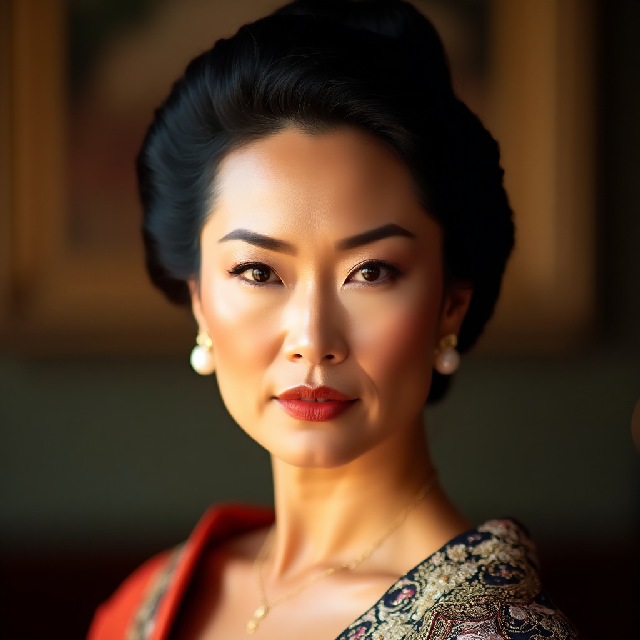Anna Sawai: A Rising Star Illuminating Hollywood
In an era where diversity and talent are reshaping Hollywood, Anna Sawai stands out as a beacon of both. Born on June 11, 1992, in New Zealand to Japanese parents, her journey from a childhood spent moving across countries to becoming a household name is nothing short of inspiring.
Early Beginnings
Anna’s foray into the entertainment industry began early, landing her first role at just 11 years old in a Japanese production of “Annie.” This was no ordinary debut; she beat out 9,000 other children to secure the lead. By 2009, she made her film debut in “Ninja Assassin,” showcasing her martial arts skills and hinting at a promising future.
Transition from Music to Acting
Anna’s career gained momentum with roles in projects like “Pachinko” (2022) and the British series “Giri/Haji” (2019), where she played Eiko, the daughter of a Yakuza boss. These performances not only showcased her versatility but also set the stage for bigger opportunities.
Before focusing solely on acting, Anna was part of the Japanese girl group Faky until 2018. Her decision to leave and concentrate on acting reflected her strategic commitment to exploring deeper roles and artistic growth.
Breakthrough Roles
Anna’s breakthrough came with her role as Toda Mariko in the FX historical drama “Shōgun,” which earned her both an Emmy and a Golden Globe. This role catapulted her to stardom, solidifying her place among Hollywood’s elite.
In 2025, Anna’s star continued to rise with her involvement in high-profile projects like “Fast & Furious 9,” where she played Elle, a martial arts warrior. This role not only highlighted her action skills but also showcased her ability to thrive in global blockbusters.
Cultural Impact and Advocacy
Anna Sawai’s rise isn’t just about personal achievement; it’s about breaking barriers. As an actress of Japanese and New Zealand heritage, she embodies the growing diversity in Hollywood, inspiring future generations to see themselves represented on screen. Her journey shows that talent, perseverance, and a bit of luck can create opportunities for underrepresented voices.
Anna is an advocate for diversity and inclusion in entertainment, using her platform to champion underrepresented talent. Her story is one of resilience and passion, proving that with hard work and determination, anyone can achieve their dreams, regardless of background.
Emotional Storytelling and Behind-the-Scenes Insights
Anna’s journey from a young girl in New Zealand to a Hollywood star is a testament to the power of talent and the importance of representation in storytelling. Her experiences navigating cultural transitions have informed her role selections and artistic decisions, adding depth to her performances.
In “Shōgun,” Anna’s portrayal of Lady Toda Mariko was marked by vulnerability and resilience, capturing the complexity of a leader torn between tradition and ambition. The intricate costumes and sets of feudal Japan brought her character to life, visually enriching the narrative for audiences.
Conclusion
Anna Sawai serves as a powerful inspiration, reminding us that success is not just about individual achievement but also about paving the way for others. Her journey from a young girl in New Zealand to a Hollywood star is a testament to the power of talent and representation.
In a world where diversity is our strength, Anna Sawai’s story is more than just a Hollywood tale; it’s a beacon of hope for aspiring actors and a reminder that our stories deserve to be told. Her legacy is still being written, but one thing is clear: Anna Sawai is here to inspire future generations, both on and off the screen.

How did James Clavell address cultural sensitivities or potential issues in “Shōgun,” considering its historical setting and portrayal of Japanese culture?
“Shōgun” handles cultural sensitivities with a mix of respect and creative freedom, blending history with engaging stories. While it introduced many to Japanese culture, some parts now feel romanticized or stereotypical by today’s standards. Its complex politics and deep characters are engaging, though the slow pace and overly formal dialogue might feel dragging compared to modern shows. Overall, “Shōgun” is an important blend of history and entertainment that reflects its time.
How did Anna Sawai’s time in Faky shape her acting career?